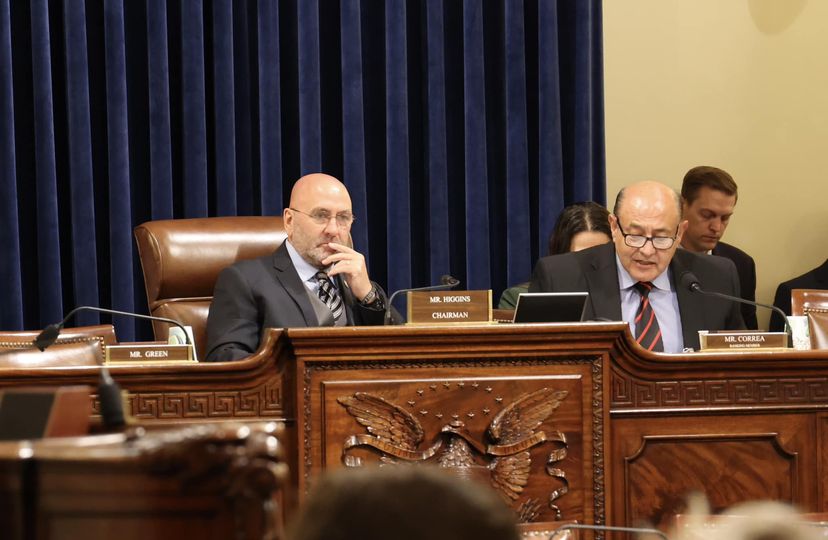
Recently, Congressman Clay Higgins, a Republican from Louisiana, found himself embroiled in controversy after posting and then deleting a racially charged message on social media. The post, which targeted Haitian immigrants, drew immediate criticism from across the political spectrum and raised significant concerns about racism and xenophobia in political discourse.
In his now-deleted post, Higgins made derogatory comments about Haitians, falsely claiming they were “eating pets” and describing Haiti as “the nastiest country in the western hemisphere.” This post was in response to a news article about a Haitian nonprofit filing a criminal lawsuit against former President Donald Trump and his vice-presidential pick, JD Vance. The post perpetuated harmful stereotypes and echoed debunked claims that have been used to incite fear and division.
The reaction to Higgins’ post was swift and severe. Members of Congress, including some from his own party, condemned the remarks. Representative Byron Donalds, a Black Republican from Florida, was among those who confronted Higgins on the House floor, urging him to take down the post. Higgins complied, deleting the post and later stating that he regretted his words after praying about it. However, he also defended his comments, claiming they were true and suggesting he might post similar content in the future.
The incident has reignited debates about the responsibilities of public officials in maintaining respectful and inclusive discourse. House Minority Leader Hakeem Jeffries called Higgins’ comments “vile, racist, and beneath the dignity of the United States House of Representatives” and demanded accountability. The Congressional Black Caucus also called for an investigation by the House Ethics Committee and a formal reprimand.
This controversy is not the first time Higgins has faced criticism for his social media activity. He has previously been accused of incitement and spreading misinformation. In this instance, his comments have been particularly damaging, as they not only insulted a specific group but also contributed to a broader atmosphere of intolerance and hostility.
The broader implications of this incident are significant. It highlights the ongoing struggle within the Republican Party to address issues of racism and xenophobia among its ranks. While some members, like Donalds, have taken a stand against such rhetoric, others have been more reluctant to condemn it outright. This division reflects a larger challenge for the party as it navigates its identity and values in a rapidly changing political landscape.
Moreover, the incident underscores the power and responsibility of social media in shaping public discourse. As public figures, politicians have a platform that can influence millions. When they use this platform to spread harmful and false narratives, the impact can be profound and far-reaching. Public officials must recognize the weight of their words and the potential consequences of their actions.
In conclusion, Congressman Clay Higgins’ deleted post serves as a stark reminder of the importance of accountability and integrity in political communication. It also calls attention to the need for continued efforts to combat racism and promote inclusivity in all areas of society. As the political climate remains charged and divisive, the actions and words of our leaders will continue to play a critical role in shaping the future of our nation.